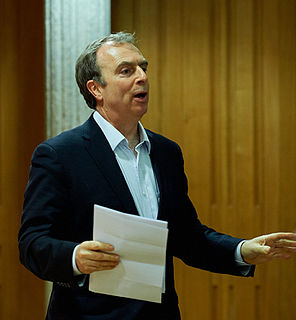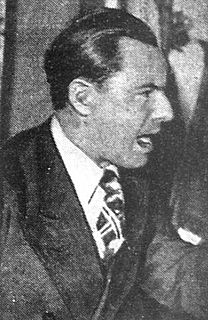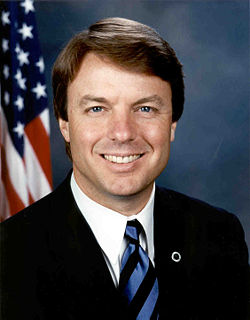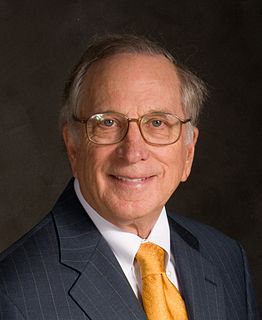A Quote by Peter Hitchens
The safest period of my lifetime was the Cold War, when Europe was more sharply divided than ever.
Related Quotes
Much as Cold War nuclear strategists could argue about winning a nuclear war by having more survivors, advocates of a Global Warming War might see the United States, Western Europe, or Russia as better able to ride out climate disruption and manipulation than, say, China or the countries of the Middle East.
"What war?" said the Prime Minister sharply. "No one has said anything to me about a war. I really think I should have been told. I'll be damned," he said defiantly, "if they shall have a war without consulting me. What's a cabinet for, if there's not more mutual confidence than that? What do they want a war for anyway?"
In fact, we haven't ever really recalibrated our foreign policy commitments since the end of the Cold War. We still have alliances throughout Asia and across Europe that were devised to tame the Soviet Union, which, last time I checked, ceased to exist more than 20 years ago. Today, of course, we have a commitment to go to nuclear war with Russia in case Russia invades Latvia. To me, that's complete and utter nonsense. There ought to be a reconsideration of our posture in every region of the world.
It is not to save capitalism that we fight in Russia … It is for a revolution of our own. … If Europe were to become once more the Europe of bankers, of fat corrupt bourgeoisies we should prefer Communism to win and destroy everything. We would rather have it all blow up than see this rottenness resplendent. Europe fights in Russia because it [i.e., Fascist Europe] is Socialist. what interests us most in the war is the revolution to follow The war cannot end without the triumph of Socialist revolution.
There is a pervasive mistrust that grew out of the Cold War and still continues today - even though there are a lot more mutual interests between Europe, Russia and the United States than ever before. But the way we organize things today, it takes years to negotiate. By the time you get a result, the technology has far outrun the policy. So we have to start a dynamic, sustainable type of policy deliberations that can catch up with technology.

































